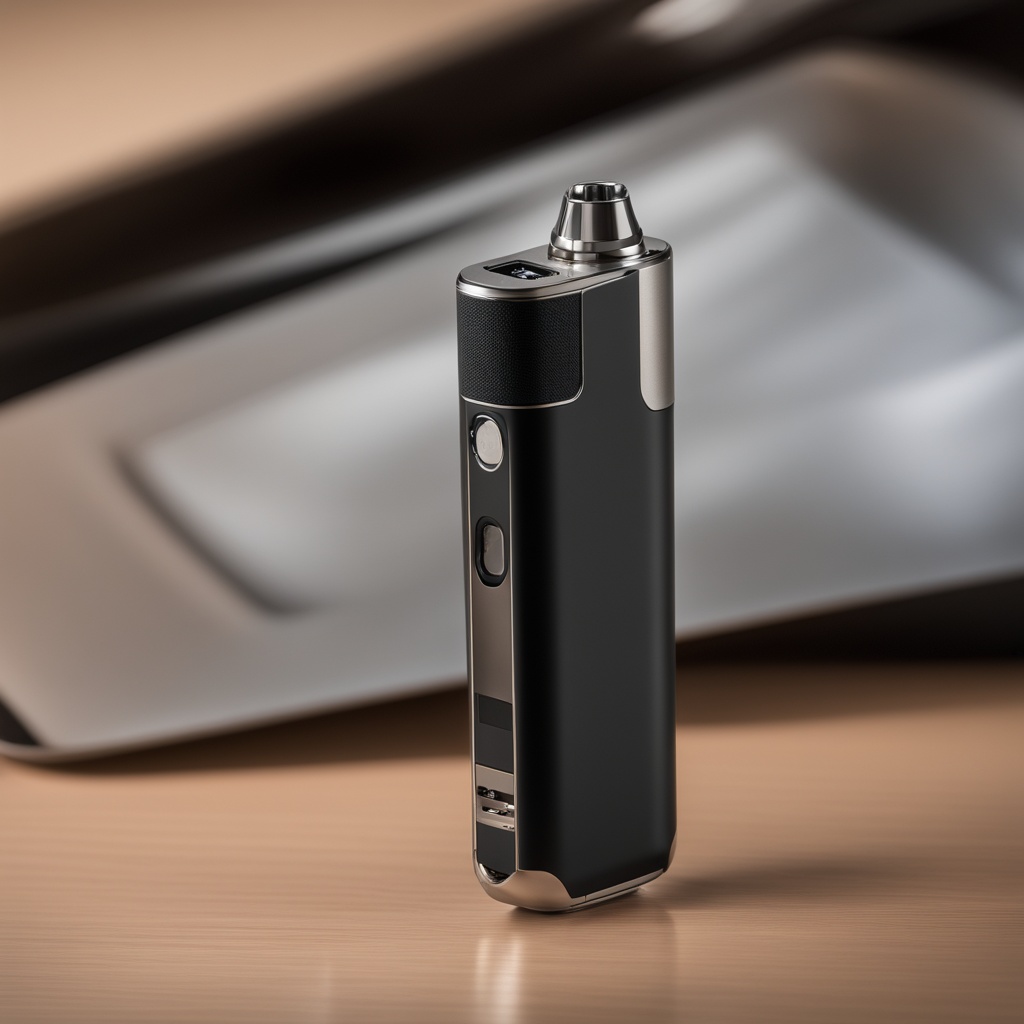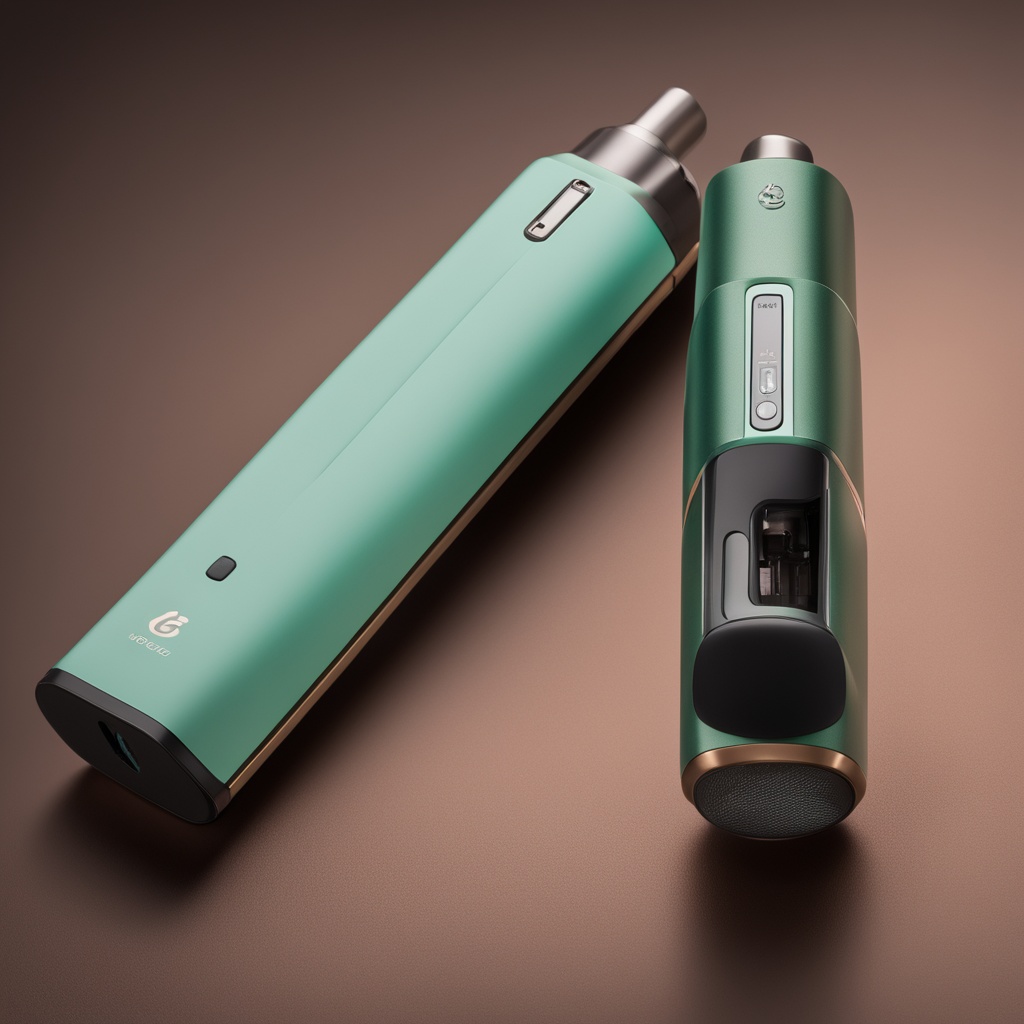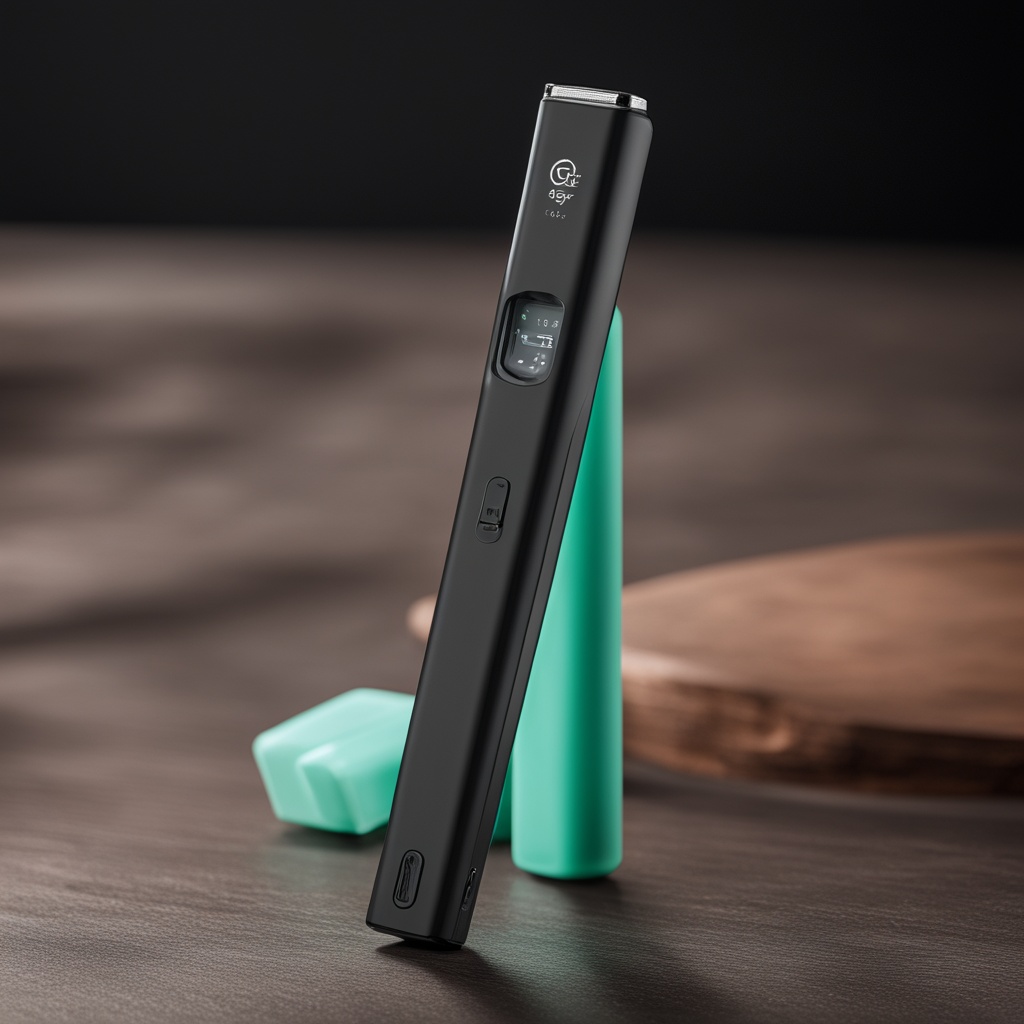
Are iGet Vapes Safe E-Cigarettes? A Comprehensive Review
As vaping continues to grow in popularity across Australia, one question dominates discussions: Are iGet vapes safe e-cigarettes? This brand has surged in visibility, especially among those seeking alternatives to traditional smoking. But with mixed opinions about vaping safety, it’s critical to dissect the facts, risks, and regulatory landscape surrounding these devices. Let’s dive into what makes iGet vapes stand out—and whether they’re a trustworthy choice.
Understanding the Appeal of iGet Vapes
The rise of iGet vapes can be attributed to their sleek design, variety of flavors, and claims of a smoother experience compared to other e-cigarettes. Users often highlight their convenience, with pre-filled pods and long-lasting battery life. But beyond convenience, safety remains the primary concern. How do these devices measure up in terms of ingredient transparency and manufacturing standards?
What’s Inside an iGet Vape?
Most vaping products contain a blend of propylene glycol, vegetable glycerin, nicotine, and flavorings. iGet vapes are no exception, but the brand emphasizes rigorous quality control. However, critics argue that even trace amounts of harmful chemicals—like formaldehyde or acrolein—could pose risks when heated. While studies on long-term effects are limited, current research suggests that vaping is less harmful than smoking but not risk-free. Are these trade-offs worth it for smokers transitioning away from cigarettes?
Regulatory Oversight in Australia
Australia’s strict nicotine laws complicate the vaping landscape. Prescription requirements for nicotine-containing products have pushed many consumers toward non-nicotine alternatives or underground markets. iGet vapes sold domestically often bypass nicotine restrictions by offering synthetic substitutes or nicotine-free options. Yet, this regulatory gray area raises questions: How can users verify what they’re inhaling? And does the lack of standardized testing undermine safety claims?
User Experiences and Reported Issues
Online forums and reviews paint a mixed picture. Some users praise iGet vapes for helping them quit smoking, while others report issues like:
- Device malfunctions (e.g., overheating)
- Inconsistent flavor quality
- Short pod lifespan
These anecdotes highlight potential quality control gaps. Still, the absence of widespread health complaints—compared to incidents linked to illicit THC vapes—suggests that legal, well-manufactured products may carry lower risks.
Comparing iGet to Other E-Cigarette Brands
How does iGet stack up against competitors like Juul or Vuse? Key differences include:
- Price: iGet is often more affordable.
- Flavor Range: Offers exotic options like mango ice and blueberry mint.
- Nicotine Content: Typically lower than brands targeting heavy smokers.
However, without third-party lab results, verifying nicotine levels or purity remains challenging. Can consumers truly trust product labels?
Potential Health Risks to Consider
While vaping eliminates many toxins found in cigarette smoke, it introduces new uncertainties. For example, diacetyl—a flavoring chemical linked to lung disease—has been found in some e-liquids, though iGet denies its use. Additionally, nicotine addiction remains a concern, particularly for younger users drawn to trendy devices. Medical experts stress that non-smokers should avoid vaping altogether, as the long-term consequences are still unknown.
Are There Safer Alternatives?
For those determined to vape, harm reduction strategies include:
- Choosing nicotine-free options
- Avoiding homemade or black-market products
- Monitoring for adverse reactions like throat irritation
Still, the safest option is to quit nicotine entirely. Public health campaigns in Australia increasingly promote counseling and FDA-approved cessation tools over vaping.
Final Verdict: Proceed with Caution
So, are iGet vapes safe e-cigarettes? The answer isn’t black-and-white. While they appear safer than smoking, absolute safety is unproven. Users must weigh the benefits of smoking cessation against potential unknowns. Regulatory reforms and transparent ingredient disclosures could shift this equation—but until then, caution is essential.
Frequently Asked Questions
1. Do iGet vapes contain nicotine?
Some variants do, but Australian laws require prescriptions for nicotine-containing products. Always check labels and purchase from reputable sellers.
2. Can vaping help me quit smoking?
Evidence is mixed, though some studies suggest e-cigarettes are effective for smoking reduction. Consult a healthcare provider for personalized advice.
3. How can I report a faulty iGet device?
Contact the seller or manufacturer directly. Avoid using damaged devices, as they may pose safety hazards.
4. Are there age restrictions for buying iGet vapes?
Yes. In Australia, you must be 18 or older to purchase vaping products, regardless of nicotine content.
In conclusion, while iGet vapes offer a modern alternative to smoking, their safety profile hinges on responsible use, regulatory compliance, and ongoing research. Stay informed, prioritize transparency, and never hesitate to seek medical guidance if concerns arise.








